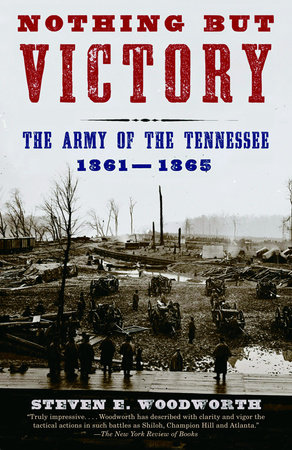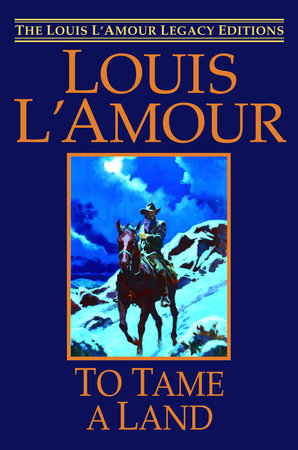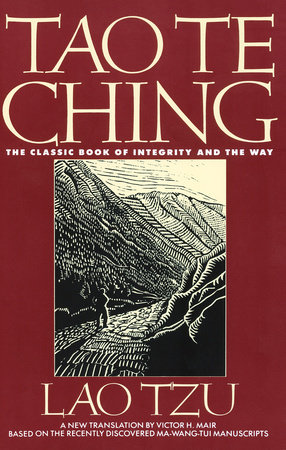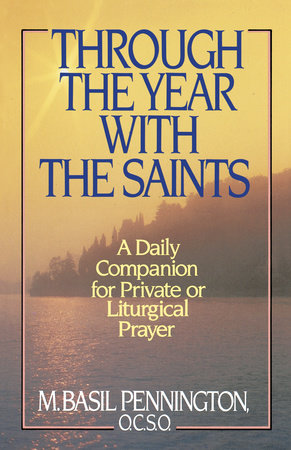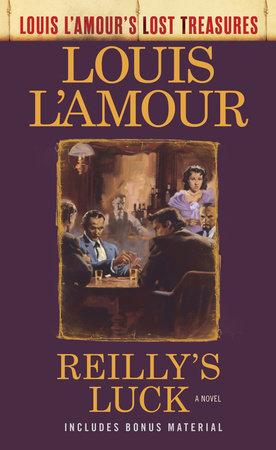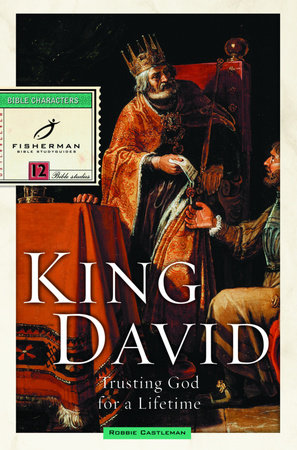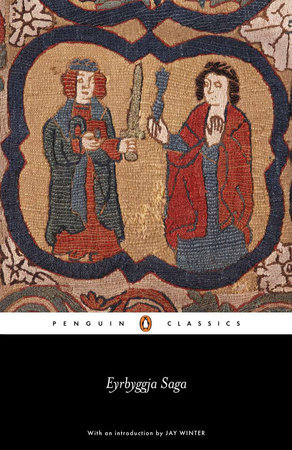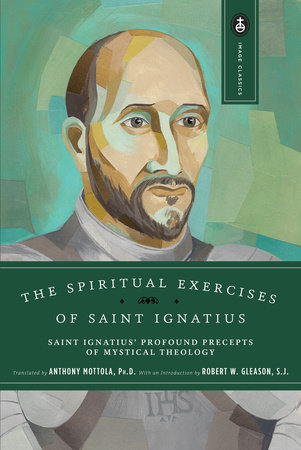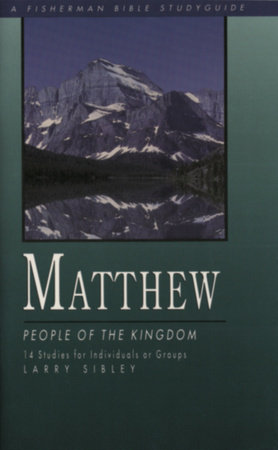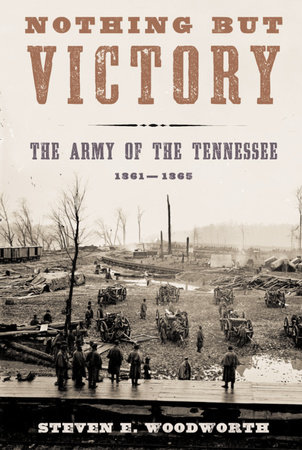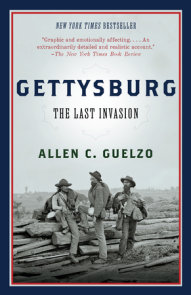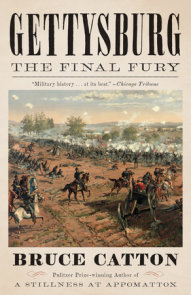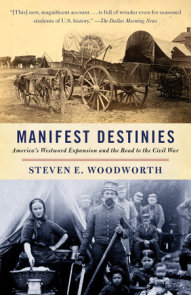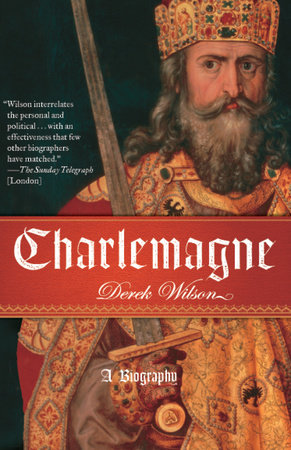Author Q&A
A Conversation with Steven Woodworth
Q: Remnants of the Civl War still seem to be alive today, especially in the southern states. Did moving to the South have any influence on your decision to begin writing about such an important time in our history?
A: Actually my interest in the Civil War began long before I moved to the South. When I was a small boy back in Illinois, I used to bug my father to read to me. I guess I must have asked him a lot, because besides reading me all of the usual children’s books, he started reading to me the books he himself was reading for enjoyment, and those were history books. I quickly lost interest in the children’s books. They couldn’t compare to the likes of Bruce Catton and Walter Lord. My favorite books were about the Civil War. When I got older and learned how to read for myself, my interests remained the same.
Q: Throughout your career, you have written several books on the Civil War. Please explain how NOTHING BUT VICTORY, The Army of the Tennessee, 1861-1865 stands out from the rest.
A: As I compare Nothing but Victory to my previous books, it is the largest book I’ve written so far and covers what is in many ways the largest topic. It combines the high-command and strategy approach of my first two books, with the soldiers-eye view that I took in While God Is Marching On and A Scythe of Fire. In contrast to the former of those, it is a narrative history (my favorite kind of history) and follows one group of human beings all the way through the war. In contrast to Scythe, it deals not with a single regiment (never more than 1,000 men) but with an entire field army that numbered as much as 60,000, and it is focused not on the storied but indecisive eastern theater (the 8th Georgia fought in Virginia) but on the dynamic, exciting, and very decisive West (which in the Civil War meant west of the Appalachians).
Q: NOTHING BUT VICTORY examines the usually neglected West that, in reality, greatly impacted the outcome of the Civil War. Please explain why you chose to focus on this area and why you think most historians do not.
A: Answering this question fully could entail a book all in itself—which I may write someday. In the meantime I’ll say that like many Americans, I grew up thinking the Civil War was something that happened almost entirely east of the Appalachians. A great many professional Civil War historians today will tell you that it was reading the works of Bruce Catton that first got them interested in the Civil War, and Catton is best known for writing about the war in the East. Yet the fixation on the eastern theater—and neglect of the West—goes back far beyond Catton, who wrote during the 1950s and ‘60s. The eastern battles featured the biggest armies and the most flamboyant commanders. They were closest to the rival capitals and also to the mass media markets. They therefore attracted the most ink during and immediately after the war, and since then their fame has compounded itself, with people taking an interest in them simply because so much has been written about them. Also, I might add that the Americans who have maintained the strongest interest in the Civil War are Southerners, and Southerners much prefer to remember the eastern battles, were Confederate forces won victories under Robert E. Lee and Stonewall Jackson.
As I studied the Civil War from primary sources as a graduate student, I came to realize that my previous stereotypical ideas had not been correct. In fact, it was in the area between the Appalachians and the Mississippi that the outcome of the war was decided. The eastern theater, with all its hoopla and press attention, was also almost completely indecisive. In effect it was the sideshow that eclipsed the center ring.
Q: Please explain why the army you focus on in NOTHING BUT VICTORY was named the Army of the Tennessee?
A: While Confederate field armies were almost always named after states or parts of states (e.g., the Army of Tennessee, the Army of Northern Virginia), Union armies were nearly always named after rivers (e.g., the Army of the Potomac, the Army of the Cumberland). The Army of the Tennessee was named after the Tennessee River, along whose banks it won its first major victory, at Fort Donelson, and fought the first major battle of the war, at Shiloh. The Tennessee River was the main axis of the army’s advance during its first two major campaigns.
Q: NOTHING BUT VICTORY follows the highs and lows of the Army of the Tennessee. Please discuss what, in your opinion, was their highest and lowest point during this time period.
A: The low point for the men of the Army of the Tennessee was the winter they spent encamped opposite Vicksburg, January-April 1863. Half the army had suffered a defeat at Chickasaw Bayou in December, and the other half had been forced to retreat from the interior of Mississippi at about the same time. Vicksburg seemed impregnable and the end of the war nowhere in sight. Union forces were stymied on other fronts as well. Home-front morale was low, and a peace movement had sprung up. Newspapers said the war could never be won, and some soldiers received letters from loved ones with the same discouraging message. Some civilians actually visited the army’s camps with the purpose of persuading soldiers to desert. The camps themselves were depressing places, pitched as they were on low muddy ground a few inches above—or sometimes a few inches below—the water table. Sickness was rampant and deaths an everyday occurrence in each regiment. Only on the levee itself could the bodies be buried—elsewhere there was too much water, and it seemed to rain almost every day.
By contrast the army had many good times—times of excitement, success, and high morale: the initial advances along the rivers in grand flotillas of steamboats; the campaign through the interior of Mississippi in the spring of 1863, completely dispelling the previous winter’s futility; the capture of Vicksburg on Independence Day 1863; the capture of Atlanta in September 1864; the March to Sea that November and December, with the dawning awareness that they were eating out the innards of the rebellion and victory was at hand; and the even more exciting march through the Carolinas the following winter.
The army’s best day of fighting came in the July 22, 1864, Battle of Atlanta. There, outnumbered, hit in front, flank, and rear, and deprived of the leadership of their beloved commander, James B. McPherson, who fell early in the fight, the army rallied and drove off its attackers with heavy losses. Sherman later told the men wryly that the only unmilitary thing they had done that day was that they did not surrender.
I think, however, that if we could ask the soldiers what was for them the high point of their experience in the Army of the Tennessee, they would state emphatically that it was the Grand Review in Washington, D.C., May 24, 1865. The war was over, the Union saved, and the men would soon be going home. The Army of the Tennessee, leading the western Union armies, marched through the capital city between cheering, sometimes singing, crowds of spectators, who threw flowers, waved flags, and held up signs expressing their gratitude.
Q: NOTHING BUT VICTORY is interspersed with vignettes drawn from letters and diaries which detail the impact casualties, funerals, and efforts to send material aid to the troops had on the army. Where did you do your research and how did you obtain these documents?
A: The Civil War armies, including the Army of the Tennessee, were the world’s first highly literate mass armies. The men were often homesick, and the way they dealt with it was to write letters. Families saved many of those letters, and happily many of them are available to researchers today. The U.S. Army Military History Institute at Carlisle, PA, possesses the papers of more than 5,000 Civil War soldiers, though most of them were from the eastern armies. State historical societies have additional treasure troves of letters as well as soldiers’ diaries. The Illinois State Historical Library, Wisconsin Historical Society, and Indiana Historical Society were especially rich sources of documents. Individual collections of letters from soldiers in the Army of the Tennessee can be found at various repositories from the Southern Historical Collection of the University of North Carolina, to the Atlanta History Center, to the Pearce Collection of Navarro College in Corsicana, TX, to the special collections department of the library of Augustana College in Rock Island, IL, or the Rutherford B. Hayes Center in Fremont, OH. I could have written this book two or three times over using completely different soldier anecdotes every time.
Q: The army was not only fighting to unite a country, but tens of thousands of slaves were also awaiting their arrival to bring them freedom. Please explain how the soldiers dealt with these difficult race relations.
A: This was a difficult issue for the Army of the Tennessee, which was recruited from a section of the country (the Midwest) that was deeply conflicted on issues of race. Some soldiers, especially from the upper Midwest, believed it was their duty to end slavery and opined that the war would never be won until the Union embraced the cause of emancipation. By contrast, soldiers from the Ohio Valley could often be strongly racist. If they objected to slavery at all, it was merely because slavery brought African-Americans into territories that they wanted to save for white men. Such soldiers would sometimes write of the slaves in the most brutal terms.
Still, as the war progressed, the men began to realize that it was slavery that was threatening their country, and they began to see the institution of slavery itself as their enemy. When in the late winter of 1863, adjutant general Lorenzo Thomas visited the army’s camps to announce the new policy of enlisting black regiments, the white soldiers received the idea enthusiastically, and many volunteered to serve as officers in the new outfits. They still had a long way to go on the issue of racial equality—in fact, scarcely any of them got there during the course of the war, or, in all likelihood, thereafter—but they had come a long way from their prewar tacit acceptance of slavery as long as it stayed in the Southern states and didn’t try to break up the Union.
Q: As a historian, are there times when you get tired of your topic of choice? Are there other periods in American history that are also of interest to you?
A: Yes, I do get tired of the Civil War sometimes. That’s inevitable when one is immersed in the topic as much as I’ve been for all these years. Yet I still enjoy studying and writing about it. That may seem contradictory, but it’s true. The Army of the Tennessee project was the most exciting and enjoyable I’ve undertaken in all of my work on the Civil War.
I do indeed have other interests in history, so numerous and diverse that I’m almost embarrassed to mention them all (won’t mention them all, as a matter of fact). I’m reminded of Robert Frost’s poem “The Road Not Taken,” and I think that unless I live an extraordinarily long life, there will be many roads not taken in my historical research and writing. Among my other
interests are the period of roughly 30 years leading up to the Civil War, and the 50 or so years following the end of Reconstruction (1877), as well as the 1960s. We’ll see which roads get taken in the future!
Q: As a professor of history at Texas Christian University, do you find your students to be fascinated by this particular time in history? How do they view this war in comparison to the other wars America has fought?
A Our students have a very strong interest in the Civil War. The course fills up every time it’s offered, and other students are on the waiting list, hoping for a chance to get in. There’s a fair amount of interest in other wars too, especially World War II these days. I think the Civil War excites people particularly because it happened right here in America. Its relics and sites are among us, and the key objectives and terrain features that we read about in the stories of its campaigns are often rivers and towns that we know well. It was so big that its effects engulfed almost every facet of society, and it called forth the utmost determination from both sides. I think there’s something stirring about witnessing people who are totally committed to a cause—even when we have to view them across the 140 years that separate us. We ask ourselves what causes could evoke such commitment in us, whether we’re capable of such dedication, and whether we could face the challenges those people did with as much courage as they did.
Q: Given that you have devoted your career to studying the era of the Civil War, are there any specific moments that you wish you could have witnessed?
A: There are of course many events in the Civil War that I wish I could witness, including all of those great moments of the Army of the Tennessee that I mentioned above. Most of all, I think I’d like to see John A. "Black Jack" Logan leading the Army of the Tennessee’s counterattack at the Battle of Atlanta, with the troops surging forward to close up the broken line and shouting, "Black Jack! Black Jack!" That must have been quite a scene. My wish is all the stronger for the fact that we can’t go to that place now and see the terrain on which it occurred, since that land has been overspread by the city of Atlanta.
